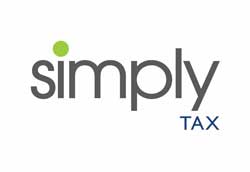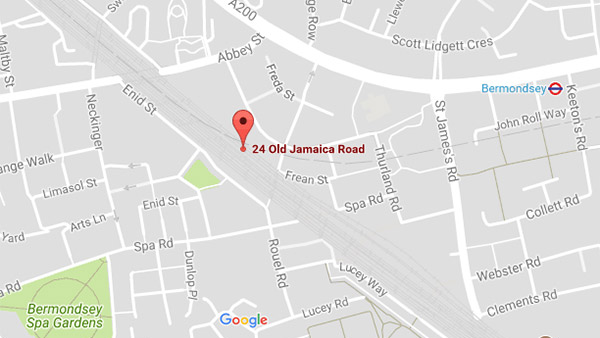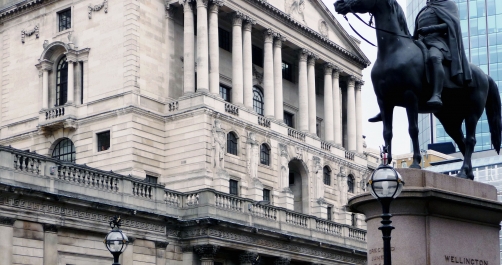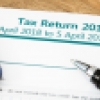- Posted byadmin
- Tax Planning, Tax Deductible Expenses, Self Assessment, Property Tax, Personal Tax, Pensions, Employment, CIS, Capital Gains Tax, Financial Planning, HMRC, PAYE, Budget
- 0 Comments
Disappointment Over Autumn Budget
Tuesday's Autumn budget was a disappointment, unless you are a first time property buyer. The chancellor preferred to adopt a low risk strategy rather than really address some of the key issues. What struck me was the fact that the budget does almost nothing to deal with growth: the OBR’s forecast of 1.4% growth for the next 3 years, is considerably lower than they forecast in March. In my view, the low growth rate is down to lack of investment. The UK needs to make more things which the rest of the world wants to buy. That will mitigate the costs of Brexit and improve productivity.
The budget is not just about raising tax; it is also meant to offer incentive to individuals and companies to invest and encourage growth. Unfortunately, the autumn budget does not accomplish this, as you will see from the summary below.
Selected announcements in yesterday’s budget:
Tax.
- The price at which first-time-buyers become liable for stamp duty land tax (SDLT) will rise to £300,000. The relief will not apply for purchases over £500,000. This change costs around £600 million per year.
- Fuel duty will be frozen for the eighth successive year, costing around £800 million per year.
- Duty rates on beer, cider, wine and spirits have been frozen, costing around £200 million per year.
- Tobacco duty rates will increase by 2% points above RPI inflation until the end of this Parliament. Hand rolling tobacco will increase by an additional 1% point. The Minimum Excise Tax for cigarettes will rise to be set at £280.15 per 1,000 cigarettes. These changes raise around £40 million-£50 million per year.
- An expansion of the 100% business rates retention pilot in London. It is now planned to cover all the London boroughs as well as the Greater London Authority.
- The frequency with which business rates revaluations happen will increase. Revaluations will happen every three years following the 2022 revaluation.
- Various measures to tackle tax avoidance and evasion have been introduced.
- Income tax personal allowance and higher rate tax threshold to rise by inflation to £11,850 and £46,250 respectively in April 2018.
Spending
- £1.5 billion of additional spending is planned in both 2018/19 and 2019/20 to allow the Government to prepare for Brexit.
- NHS to receive additional day-to-day spending of £400 million this year, £1.9 billion in 2018/19 and £1.1 billion in 2019/29. The NHS will also receive additional capital spending, peaking at around £1 billion in 2020/21.
- Changes to Universal Credit, costing around £300 million per year:
─ removing the 7 day wait so that entitlement starts on the day of application
─ increasing the amount that can be advanced before payment begins
─ those already on Housing Benefit will continue to receive their award for the first two weeks of their Universal Credit claim
─ to support these changes the Government will roll out Universal Credit more gradually between February 2018 and April 2018, and roll-out to all jobcentres will be complete in December 2018
- A package of measures were announced on housing:
─ A new Land Assembly Fund will receive £220 million in 2019/20 and £355 million in 2020/21. The new fund will enable Homes England to work alongside private developers to develop strategic sites.
─ An average of £210 million per year will be spent between 2018/19 and 2020/21 to accelerate the building of homes on small, stalled sites, by funding on‑site infrastructure and bringing brownfield sites back to use.
─ Housing Infrastructure Fund will be increased by £215 million in 2019/20 and £710 million in 2020/21.
─ Housing Revenue Account borrowing caps lifted for councils in areas with affordability pressures, allowing them to build more homes.
- The first departmental spending totals for 2022/23 suggest a fiscal tightening. Day-to-day (resource) spending is set to fall as a share of GDP and by 0.5% in real terms per person. Capital spending will rise by slightly less than GDP.
- On the recommendation of the Low Pay Commission, the national living wage – the minimum level of hourly pay for over 24s – will increase from £7.50 to £7.83 from April 2018. The national minimum wage:
─ for 21 to 24 year olds will increase to £7.38 per hour (from £7.05)
─ for 18 to 20 year olds will increase to £5.90 per hour (from £5.60)
─ for 16 and 17 year olds will increase to £4.20 per hour (from £4.05);
─ for apprentices will increase to £3.70 per hour (from £3.50).
- £2.3 billion of funding has been allocated from existing capital budgets for research and development in 2021/22. £7 billion has been allocated from existing capital budgets for the National Productivity Investment Fund in 2022/23.
- A package of measures were announced to support teaching of Maths and Computer Sciences including:
─ Expanding the Teaching for Mastery maths programme
─ Schools and colleges receiving an extra £600 for every extra pupil who decides to take Maths or Further Maths A levels or Core Maths
─ Every secondary school to have a fully qualified computer science GCSE teacher









